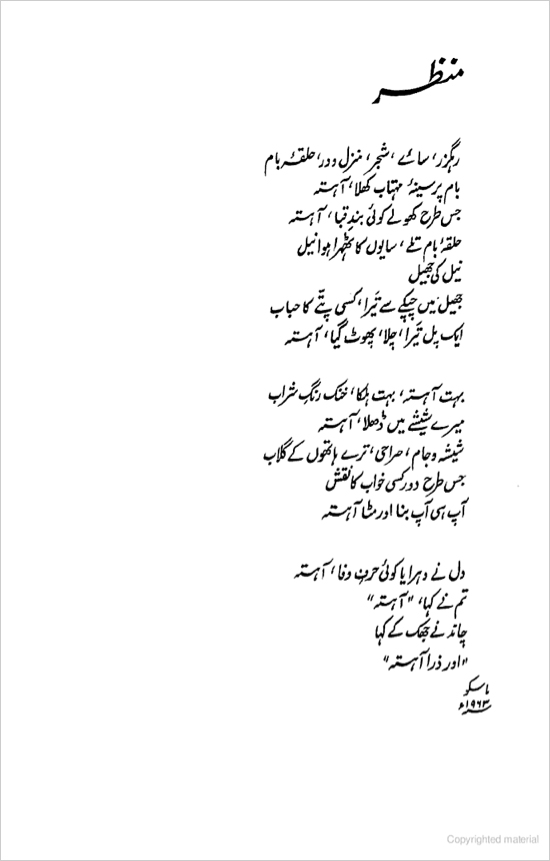Bilingual Sestina
Some things I have to say aren’t getting said
in this snowy, blond, blue-eyed, gum-chewing English:
dawn’s early light sifting through persianas closed
the night before by dark-skinned girls whose words
evoke cama, aposento, sueños in nombres
from that first world I can’t translate from Spanish.
Gladys, Rosario, Altagracia — the sounds of Spanish
wash over me like warm island waters as I say
your soothing names: a child again learning the nombres
of things you point to in the world before English
turned sol, tierra, cielo, luna to vocabulary words —
sun, earth, sky, moon. Language closed
like the touch-sensitive moriviví whose leaves closed
when we kids poked them, astonished. Even Spanish
failed us back then when we saw how frail a word is
when faced with the thing it names. How saying
its name won’t always summon up in Spanish or English
the full blown genie from the bottled nombre.
Gladys, I summon you back by saying your nombre.
Open up again the house of slatted windows closed
since childhood, where palabras left behind for English
stand dusty and awkward in neglected Spanish.
Rosario, muse of el patio, sing in me and through me say
that world again, begin first with those first words
you put in my mouth as you pointed to the world —
not Adam, not God, but a country girl numbering
the stars, the blades of grass, warming the sun by saying,
¡Qué calor! as you opened up the morning closed
inside the night until you sang in Spanish,
Estas son las mañanitas, and listening in bed, no English
yet in my head to confuse me with translations, no English
doubling the world with synonyms, no dizzying array of words
— the world was simple and intact in Spanish —
luna, sol, casa, luz, flor, as if the nombres
were the outer skin of things, as if words were so close
one left a mist of breath on things by saying
their names, an intimacy I now yearn for in English —
words so close to what I mean that I almost hear my Spanish
heart beating, beating inside what I say en inglés.
Hi Friends,
Did you notice the words “English”, “Spanish”, “words”, “nombres“, “say”, and “close” repeating in this poem? Did you notice that they repeat as the last word of each line?
In any language, the sestina is a challenging poetic form in which the same six words repeat at the end of each six-line stanza — with the word at the end of the last line of the previous stanza becoming the word at the end of the first line of the next stanza — and culminating in all six words incorporated into a tercet. The repetition also allows the end words to take more than one meaning, more than one part of speech — “close” so close to “closed;” in a less strict interpretation, a “nombre” might even become a “numbering,” a “word” become a “world.”
Yet the best sestinas tend to have the ability to flow on the surface like blank verse or even plain speech — such that, if one didn’t know what a “sestina” was from the title, one could read the whole poem without picking up on the underlying complexity of the form — perhaps much like words from two languages can intertwine to flow in a continuous thought, obscuring the underlying complexity of a bilingual processing of signifiers and signified.
So does what is signified beat inside of a signifier? Does a meaning, or meanings, beat inside the sounds or the physical characters of a word? Or does a signified contain all of the words of all the languages that try to mean it beating inside, trying to signify, but frail in comparison to the signified? Does the meaning, or meanings, of a poem beat inside its form? Or if the complexity of a poem’s structure is sometimes subtler than its substance, does a poem’s form beat inside of its meaning?
Julia Alvarez grew up in the Dominican Republic and the United States. “Bilingual Sestina” appears in her 1995 collection The Other Side / El Otro Lado.
In celebration of National Poetry Month, I am sending out one poem per day for the duration of the month. To learn more about National Poetry Month, visit www.poets.org, the website of the Academy of American Poets.
Best,
Ellen
Poet Julia Alvarez was also featured for Poem-a-Day April 24, 2009.
